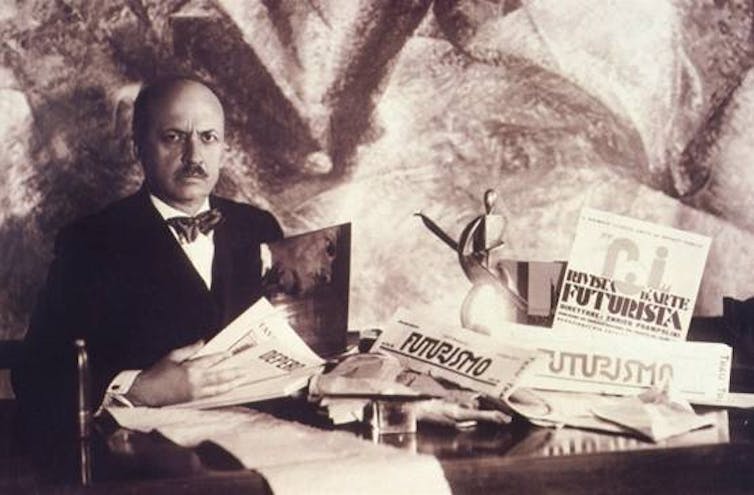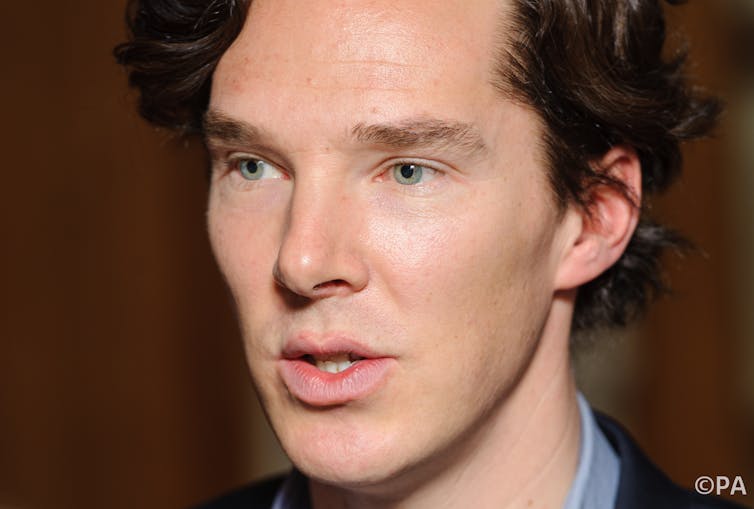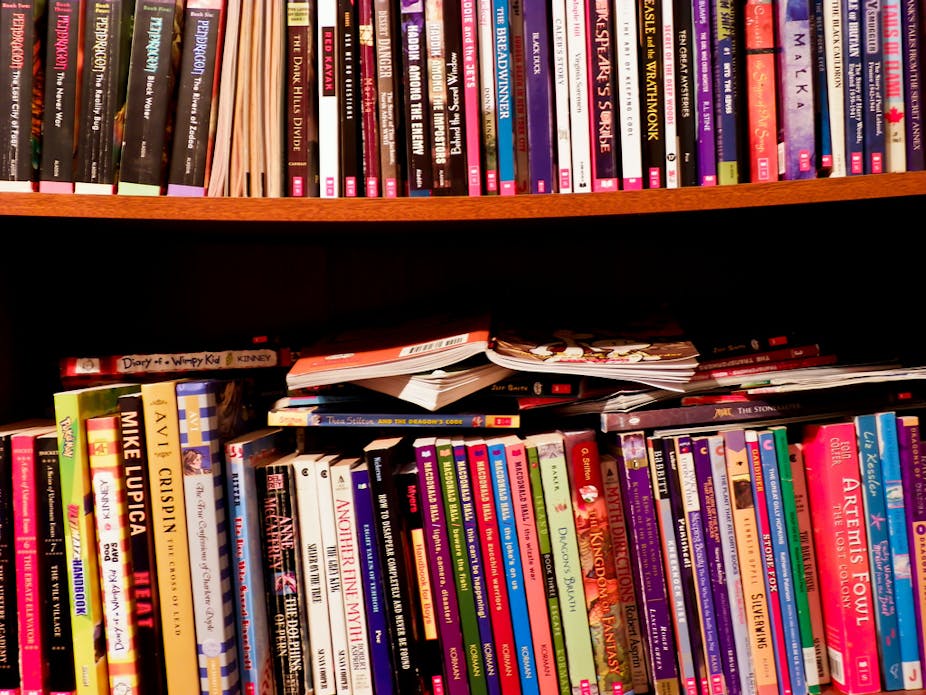As we begin to commemorate the outbreak of World War I in earnest, just how central the “Great” war is to Britain’s conception of its history is ever more obvious. And this is also very true in terms of culture.
The war poets are routinely taught in schools. And the memoirs, novels, paintings, films and pieces of music produced in that period haven’t just produced our cultural memory of the war. They’ve made our culture virtually unimaginable without it. But it isn’t just these direct cultural products that I’m talking about. What might literature have looked like if it hadn’t been shaken by war?
It’s easy to point to the works we would not have had: the biting protests, satires, and traumas in the poetry of Wilfred Owen, Siegfried Sassoon, or Ivor Gurney; the equally disturbing, if more detatched and cynical, memoirs, such as Robert Graves’s Goodbye to All That or Sassoon’s Memoirs of an Infantry Officer.
But what we can’t say is what might have been written instead – though perhaps the one thing we can be sure of is that we wouldn’t have just had more of the same. If Owen hadn’t been killed in action exactly a week before the Armistice, doubtless he would have continued to write war poetry. But what would a man with his undeniable poetic genius have written without the war as a subject to goad him into brutal realism? How might he, and other talented writers killed in their youth, have developed if they’d had the chance to reach middle or old age? Would they have developed?

That such questions are imponderable doesn’t mean they’re not worth pondering. It’s often assumed that if Rupert Brooke hadn’t died (of an infected mosquito bite) before he saw action, his experience would have caused his sentimental and sacralising view of war as a cleansing ritual of blood sacrifice to go up like smoke. Few believe he would have written more sonnets like Peace, which thanks God for waking up the men of his generation with the call to war, to which they turned “like swimmers into cleanness leaping”. This is a metaphor unimaginable after the experience of the putrefying and lethal mud of the Western Front. Battle might have blasted Brooke into a visceral realist like Owen or Sassoon.
But of course you can turn this idea around. What would have become of these visceral realists if they hadn’t gone to war – or if there hadn’t been a war to go to? Would the legacy of Keatsian romanticism and pastoral – what Ted Hughes memorably called called “the terrible suffocating, maternal octopus of English poetic tradition” – have kept them in its tentacular embrace? Perhaps those we know as war poets might have ended up as forgotten vacuous, conventional sonneteers.
And then of course if you look beyond these writers it gets even more imponderable. The war literature that we do have undeniably shaped the subsequent cultural history. Or rather, distorted it. Because the striking thing about the best-known British war poems and memoirs is that they are based on conventional narrative – the anecdote, the memoir – and that they are predominantly autobiographical – bearing witness to what the writer has seen. They feel forcefully modern – dragging the English pastoral tradition to confront the horrors of mass mechanised slaughter.
But in terms of their form they are not modernist. They lack the formal experimentation, inventive reorganisation and difficulty that characterise the great modernist works of the 1920s by T. S. Eliot, Ezra Pound, James Joyce or Virginia Woolf.

Did WWI kill modernism?
So according to this point of view, rather than modernising the traditionalists, the war and its literature blocked the development of modernism in Britain. Just before the war, London had been buzzing with new art movements: Imagism, the Omega Workshops, the Bloomsbury Group, Vorticism; there was even a visit from the Italian Futurist Marinetti, who gave a series of “Noise Concerts” with cacophonous machines in the Albert Hall and the Coliseum. But after the war you’d have to go to Paris or Berlin if you were in search of the really new.
And something clinches this. There are hardly any British modernist novels from the First World War. There are famous examples from elsewhere. The German writer Remarque’s All Quiet on the Western Front, or Hemingway’s A Farewell to Arms. There are powerful novels by English writers like Richard Aldington, Frederic Manning, or R. H. Mottram. But they are not modernist – certainly not in the way Conrad’s Heart of Darkness is, let alone Joyce’s Ulysses.
The exception that proves the rule is Ford Madox Ford. His series of four novels about the war – Parade’s End – was recently introduced to a new readership thanks to the BBC/HBO dramatisation by Tom Stoppard, starring Benedict Cumberbatch and Rebecca Hall. It’s a very rare thing, Parade’s End, in that it’s a major fictional work about the war that is also a major work of modernism.
Perhaps this is because Ford was a generation older than the young men who volunteered straight out of school, and was already an established modernist writer, with The Good Soldier – his best-known novel – crowning his pre-war career. He was 41 when he enlisted. It was a courageous action, since he could have stayed in London, both on ground of age, and because he was writing propaganda books for the government.

He realised that he was one of the few artists of his generation to see active service. And though in almost every other way the war changed his life utterly, it didn’t change his determination to continue his experiments with how experience can be rendered – especially such unprecedented experiences as when he was blown up a month into the Battle of the Somme, and suffered amnesia for several weeks, even forgetting his own name. These were experiences that he was to make central to Parade’s End, not just as themes, but as form.
Would Ford have written anything this good if the war hadn’t happened? Of course we can’t know the answers for sure to this kind of “what if” question. If the war hadn’t happened, maybe modernism would have exploded with more force. Maybe with less.
This kind of counterfactual thinking might seem like a frivolous academic amusement. But it can do two things for us. One is that it can make us less fatalistic. It takes the inevitability out of history, and reminds us that history is something we make ourselves; that we could have made different choices, even about an event as cataclysmic and far-reaching as World War I.
The other is that, by making us think about how things could have or might have gone differently, it can give us a clearer sense of what actually did happen – and of the responses to it that we actually have. What we do know for sure is that the map of modernism and of 20th-century culture would have looked very different without World War I.

